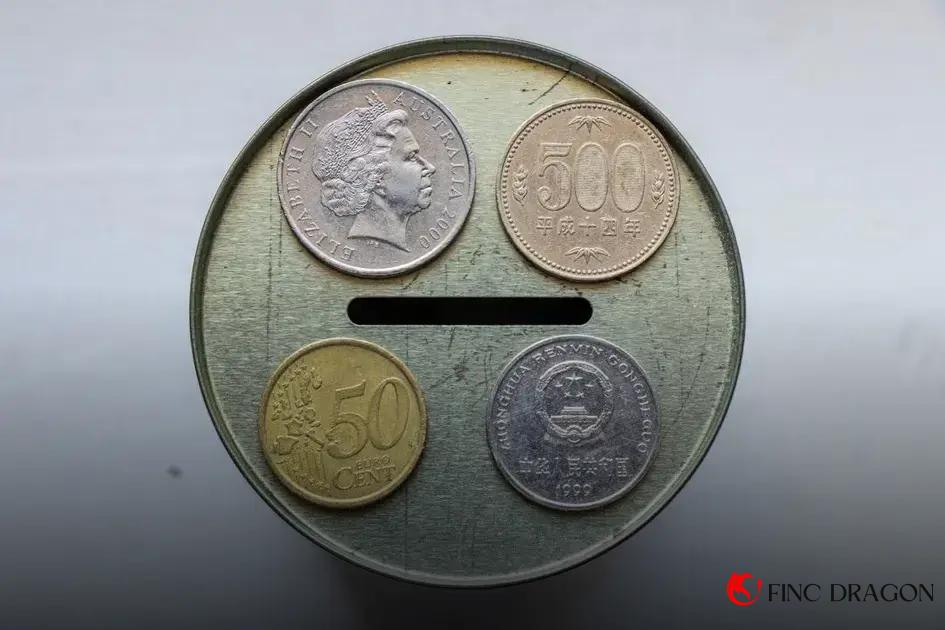Smart contracts are rapidly reshaping the landscape of traditional finance by introducing innovations that streamline transactions, enhance transparency, and reduce costs. As you delve into understanding smart contracts in modern finance, it becomes clear that their automated and self-executing nature offers significant advantages over traditional systems. While these digital contracts simplify complex financial arrangements, the adoption of smart contracts also brings about its own set of challenges. By exploring their potential and addressing implementation hurdles, one can foresee a future where financial interactions are more efficient and secure. Let’s examine the impact of smart contracts on today’s financial ecosystem.
Understanding Smart Contracts in Modern Finance
Smart contracts are revolutionizing the finance sector by leveraging the capabilities of blockchain technology to automate and streamline financial transactions. Their programmable nature allows self-execution of contracts once the agreed conditions are met. This eliminates the need for intermediaries and significantly reduces transaction costs.
Transparency is a core feature of smart contracts as they are stored on a public ledger that every network participant can access. This immutable ledger prevents fraud and ensures the integrity of financial transactions.
Additionally, the speed of execution provided by smart contracts is transforming how financial agreements are processed. Traditional finance systems often involve lengthy procedures filled with paperwork and manual processes. In contrast, smart contracts execute terms automatically, ensuring timely and efficient settlements.
The potential applications of smart contracts in modern finance are vast. They can be used to manage complex transactions such as derivatives, bonds, and insurance policies, introducing higher levels of precision and trust into financial operations.
While smart contracts offer groundbreaking benefits, their implementation must be carried out with caution, considering the legal and regulatory frameworks in place to ensure compliance and security in financial deals.
Benefits of Smart Contracts Over Traditional Systems

Smart contracts have revolutionized the way transactions are carried out in modern finance. Unlike traditional systems, which require intermediaries to facilitate and verify transactions, smart contracts operate autonomously on blockchain technology. This ensures that once conditions are met, the contract executes automatically, reducing the need for third-party involvement.
The elimination of intermediaries not only speeds up transactions but also significantly cuts costs. Traditional financial systems often involve numerous parties like banks, lawyers, and brokers, each taking a fee. Smart contracts streamline these processes, saving time and money. Additionally, they offer enhanced security and transparency due to their execution on a blockchain, which provides an immutable and verifiable record of all transactions.
Moreover, smart contracts enhance trust between parties. The predefined conditions must be fulfilled for the contract to execute, assuring both sides of compliance. This eliminates disputes over terms and conditions, as the contract’s parameters are embedded in code. Traditional systems often rely on legal frameworks which can be ambiguous and subject to interpretation, leading to lengthy and costly disputes.
Another key advantage is the global accessibility of smart contracts. Anyone with internet access and the appropriate blockchain interface can enter into an agreement, breaking down geographical barriers that traditional systems can’t overcome. This opens up opportunities for businesses and individuals worldwide to engage in transactions without the need for costly international intermediaries.
Smart contracts also ensure immutability. Once deployed, they cannot be altered, providing a high level of security against tampering and fraud. This feature is a significant improvement over conventional systems, where documents can be forged or altered.
Challenges Faced in Smart Contract Implementation
Smart contracts are revolutionizing the financial sector, but their implementation is not without hurdles. One significant challenge is security. Given their immutable nature, any flaws in the code can lead to irreversible issues, making them an attractive target for hackers.
Another obstacle is scalability. As the number of transactions increases, the existing infrastructure may struggle to handle the load effectively, which can lead to delays and increased costs.
Interoperability poses another concern. Different blockchain platforms have unique protocols, making it difficult to integrate or execute smart contracts across various systems smoothly.
Furthermore, there’s the challenge of legal and regulatory frameworks. Many jurisdictions have yet to establish clear guidelines on smart contracts, which can lead to uncertainty and hesitance among financial institutions to adopt them.
User understanding is also critical. Financial institutions and their clients need to comprehend how smart contracts work to use them effectively. This often requires a steep learning curve as smart contracts entail a departure from traditional contract models.
Finally, there’s the issue of privacy. While blockchain offers transparency, it can also lead to a lack of confidentiality that is crucial for sensitive financial operations.
The Future of Finance with Smart Contracts

Smart contracts are programmed agreements that execute automatically when certain conditions are met. They bring radical changes by offering a secure and efficient alternative to traditional contracts. Smart contracts eliminate the need for intermediaries, which reduces costs and speeds up transactions. By leveraging blockchain technology, they offer unparalleled transparency and security.
One of the key implications of smart contracts in finance is the enhancement of trust. Since smart contracts are executed on decentralized networks, they are tamper-proof, providing a shared, unalterable record for all parties involved. This mechanism encourages trust and mitigates risks associated with conventional financial agreements.
Moreover, smart contracts enable greater innovation in financial products and services. Decentralized finance (DeFi) is one area poised for growth. With smart contracts, lending, borrowing, and trading can occur without traditional banking systems, thus opening new avenues for investments.
Another potential development is in cross-border transactions. Smart contracts facilitate international agreements by automating and verifying the terms without the delay of conventional methods. This boosts cross-border trade and financial integration, offering new opportunities for global commerce.
The future also holds promising prospects for automated compliance. Regulatory compliance in finance often requires extensive paperwork and time. Smart contracts can ease this burden by incorporating regulatory requirements directly into the code, ensuring automatic compliance.
Looking ahead, integrating smart contracts with AI could further transform finance. AI-driven smart contracts could learn and adapt to market changes, potentially revolutionizing financial decision-making.
Despite the potential and advancements, there are hurdles like scalability and regulatory acceptance that need addressing. Yet, as technology improves and legal frameworks evolve, the role of smart contracts in shaping the future of finance seems inevitable.





